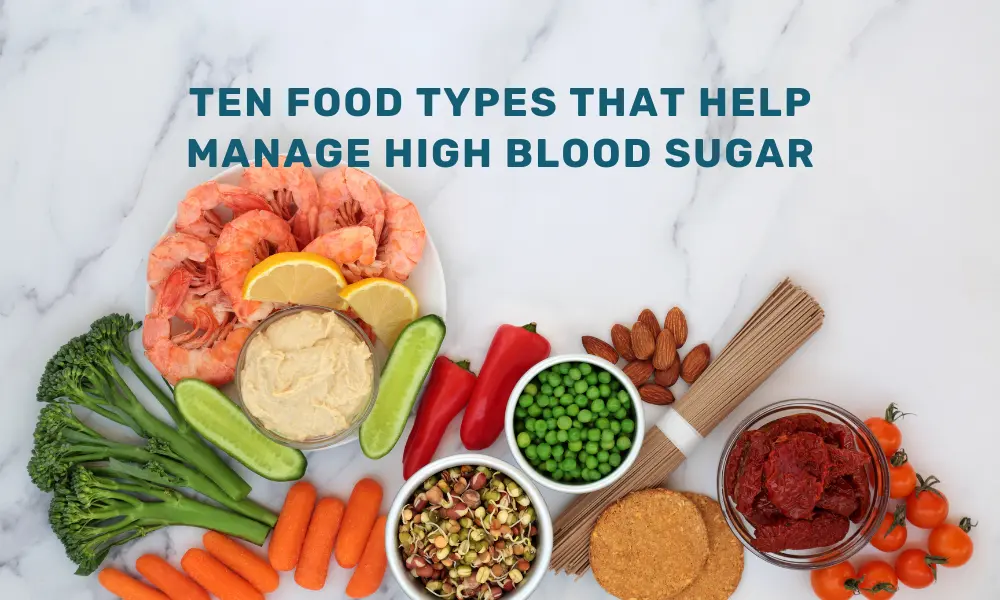200 (5.2%) of the total number of female patients examined in the camps had the dreaded osteoporosis, and 1,700 (47.6%) had osteopenia with a T-score of (-1.0 to -2.5), raising red flags for them.
Mumbai: It came as a shock to find out that 75% of the women in a study of over 4,000 women at a medical camp were blissfully unaware of bone problems and were not taking any dietary supplements, experts said here on Friday.
The preliminary findings were presented at a camp for “Bone Mineral Densitometry Osteoporosis Detection” held on Wednesday in conjunction with World Osteoporosis Day by the 88-year-old Mumbai Obstetric & Gynecological Society (MOGS).
“This was the largest free camp of its kind ever held in the nation, and we examined over 4,000 female patients at 38 different locations throughout Mumbai for bone mineral density. The medical community should take serious note of some unsettling facts that tentative analysis has revealed,” Dr. Niranjan Chavan, president of MOGS, told IANS.
200 (5.2%) of the total number of female patients examined in the camps had the dreaded osteoporosis, and 1,700 (47.6%) had osteopenia with a T-score of (-1.0 to -2.5), raising red flags for them, the doctor said.
The more significant worry was that, while the remaining 25% of female patients were partially aware and already taking calcium and vitamin D supplements in addition to adhering to a healthy and nutritional diet, a startling 75% of all female patients had virtually no knowledge of bone diseases or any dietary supplements to curb them.
Surprisingly, most ignoramus patients (91.2%) had a high level of education; of these, 41.2% are graduates or pursuing degrees, 28.9% are secondary school dropouts, 17.3% had only received their primary education, and the remaining 8.8% were illiterates.
Dr. Chavan urged general practitioners (family doctors) to intervene, recommend bone mineral densitometry (BMD) tests, which should be performed at least every three to four years for people over 40, and prescribe calcium and vitamin D supplements in addition to the usual B-Complex tablets.
The MOGS head stated that the camp’s goal was to screen the vitamin D levels in the bones of women from all age groups, academic backgrounds, and socioeconomic statuses to determine the calcium levels in their bodies, which are crucial for strong and healthy bones. The camp’s theme was “Vision For HER – Heal Her, Educate Her, and Respect Her.”
“As people age, their bones become more brittle due to the body’s decreased calcium levels, which can cause stress fractures and have an impact on women’s daily lives. In addition to the nutritional and dietary intake of calcium found in our daily sources of vegetables and non-vegetarian foods, it can be treated with additional supplements,” Dr. Komal Chavan, who oversaw the mega-camps, said.
The MOGS team and 38 center convenors were honored on Thursday. The camp’s findings were also presented by Dr. Dilip Mhaisekar, director of the department of medical education and research and a former vice chancellor of the Maharashtra University of Health Sciences.
“Teams of experts will thoroughly examine the entire set of data,” Dr. Komal Chavan continued, and then submitted to national and international medical journals for the attention of the larger medical community.




